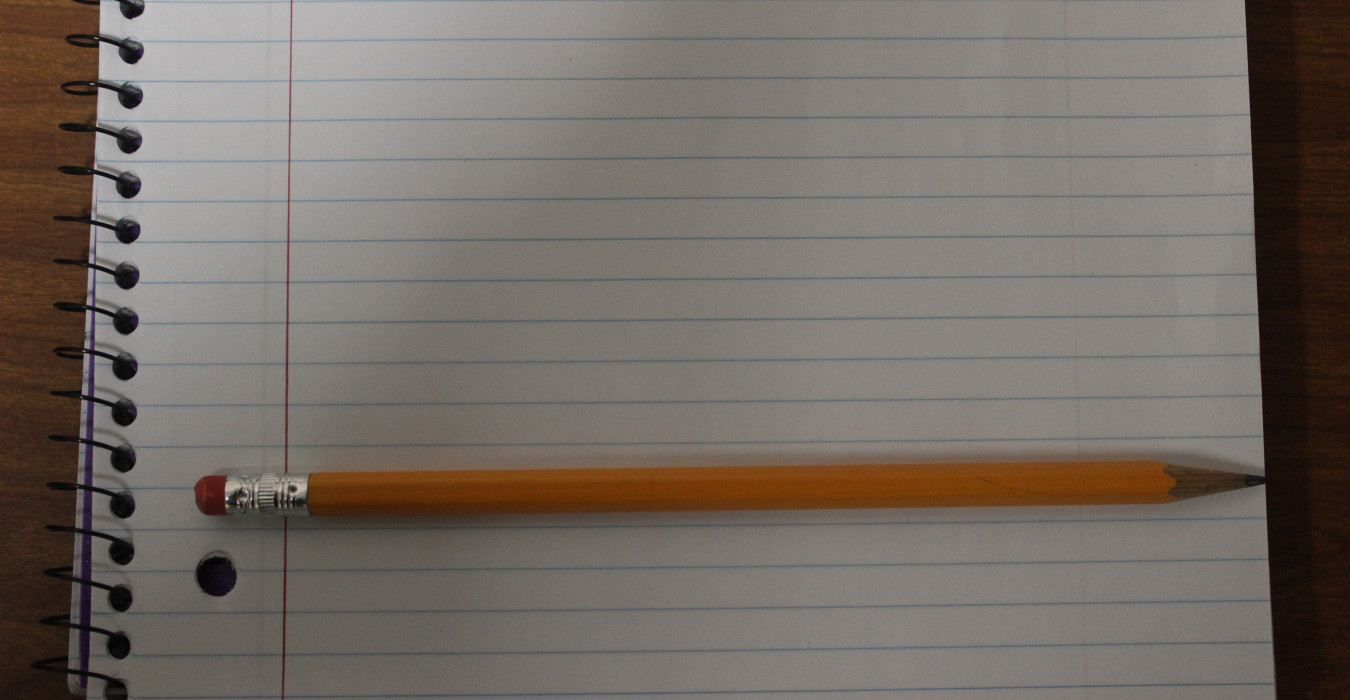2025 Author’s Note: In the years since this blog post was written, the NaNoWriMo organization has come under scrutiny for various ethical issues, including racism, harm to minors, and support of generative AI. While I no longer participate in or support NaNoWriMo, I have decided to keep this post online because I believe it offers value beyond the NaNoWriMo competition.
I have a confession to make: I didn’t participate in NaNoWriMo this year. I set it as one of my goals earlier this year, but as November grew closer, I realized that it wasn’t going to work out this year. I had a lot going on in terms of school and my personal life, and adding 50,000 words on top of that looked more like torture than a fun challenge.
When November 1 came and I saw many of my friends announcing their intentions to participate in NaNoWriMo, I couldn’t help feeling a little guilty. After all, I had told myself I would do it, and I’d gone back on that commitment. As the month wore on though, I got over my self-deprecation and realized that I actually enjoyed not being a part of NaNoWriMo this year.
That might sound like heresy to the writing community, but it’s the truth. I’m thankful that Past Maggie made the decision to pass on NaNoWriMo 2018. Don’t get me wrong, there are a lot of good things that can come out of NaNoWriMo – self-discipline, connections with other writers, and a completed draft, to name a few. Those things come with sacrifices, however, and I’m of the mind that sometimes those sacrifices aren’t worth it.
What does NaNoWriMo require you to sacrifice? “Time” is probably the biggest and most obvious sacrifice, because writing 50,000 words in a month (generally) can’t be done in an hour or two. For most of us, NaNoWriMo doesn’t (or shouldn’t) take precedence over certain responsibilities such as school, careers, family, and friends. Therefore, our other hobbies need to take a backseat to NaNoWriMo. When I participated in 2017, most of my free time was spent writing my novel. I only allowed myself to watch TV, play video games, or read after I’d done my writing for the day.
Most of the time, this is a worthy sacrifice. At worst, you’re missing out on a few episodes of Doctor Who for a month, and then you can go back to your regular schedule. In fact, giving up an “unproductive” activity (though no activity is really unproductive, especially for writers) for a “productive” one may seem like a noble cause.
Sometimes, however, making this exchange isn’t in our best interest. As I mentioned earlier, I had some stresses related to my academic and personal lives that were really weighing on me. Usually by the end of the day when I would have time for writing, I was too mentally and physically drained to do more than make a cup of tea and curl up in bed with my knitting and Netflix. This allowed me to refresh myself for the next day, and I knew that if I gave that up, my problems would get worse.
Basically, my non-writing hobbies were keeping me sane, and if I gave those up to participate in NaNoWriMo, I’d lose my mind.
That aside, there are a couple other reasons why NaNoWriMo isn’t always a great idea. As I already mentioned, it helps us writers (who love procrastinating) to be more disciplined. We’re given a goal with a set time limit, and we have to push ourselves to be able to meet it. There is a dark side to this though – even if we discipline ourselves all through the month, that doesn’t mean it will necessarily carry over into the other eleven months of the year.
I’ll use myself as an example again. When I’ve participated in NaNoWriMo and Camp NaNoWriMo in the past, I like to think I did a decent job of pacing myself. I was usually ahead of my daily goal by a couple hundred words, and I met my monthly goal a day or two ahead of the deadline. By the time it was over, I needed a breather. After taking a break though, it was a challenge to get back into that routine.
It can be even more challenging if you’re a writer that likes to blow through those 50,000 words in a few days (usually at the beginning or the end of the month). I’m not knocking anyone’s writing style, because I really wish I could make myself write 30,000 words in a day. If you’re not careful though, you can burn out too quickly.
Look, I’m not saying that NaNoWriMo is a terrible idea and no one should ever do it. All I’m saying is that there’s no shame in not doing it. There are some alternatives – you can participate in Camp NaNoWriMo in April or July, do your own version of NaNoWriMo at another time (I might try to do it in January, for example). Or, if writing 50,000 words seems like too much, you can try writing a short story every week, or a poem every day if poetry’s your thing.
Whether or not you participated in NaNoWriMo this year, you should be proud of yourself. You made a decision that probably wasn’t an easy one and you did what was best for you. Just keep writing in whatever way suits you best – your story will come together in its own time.


Leave a Reply